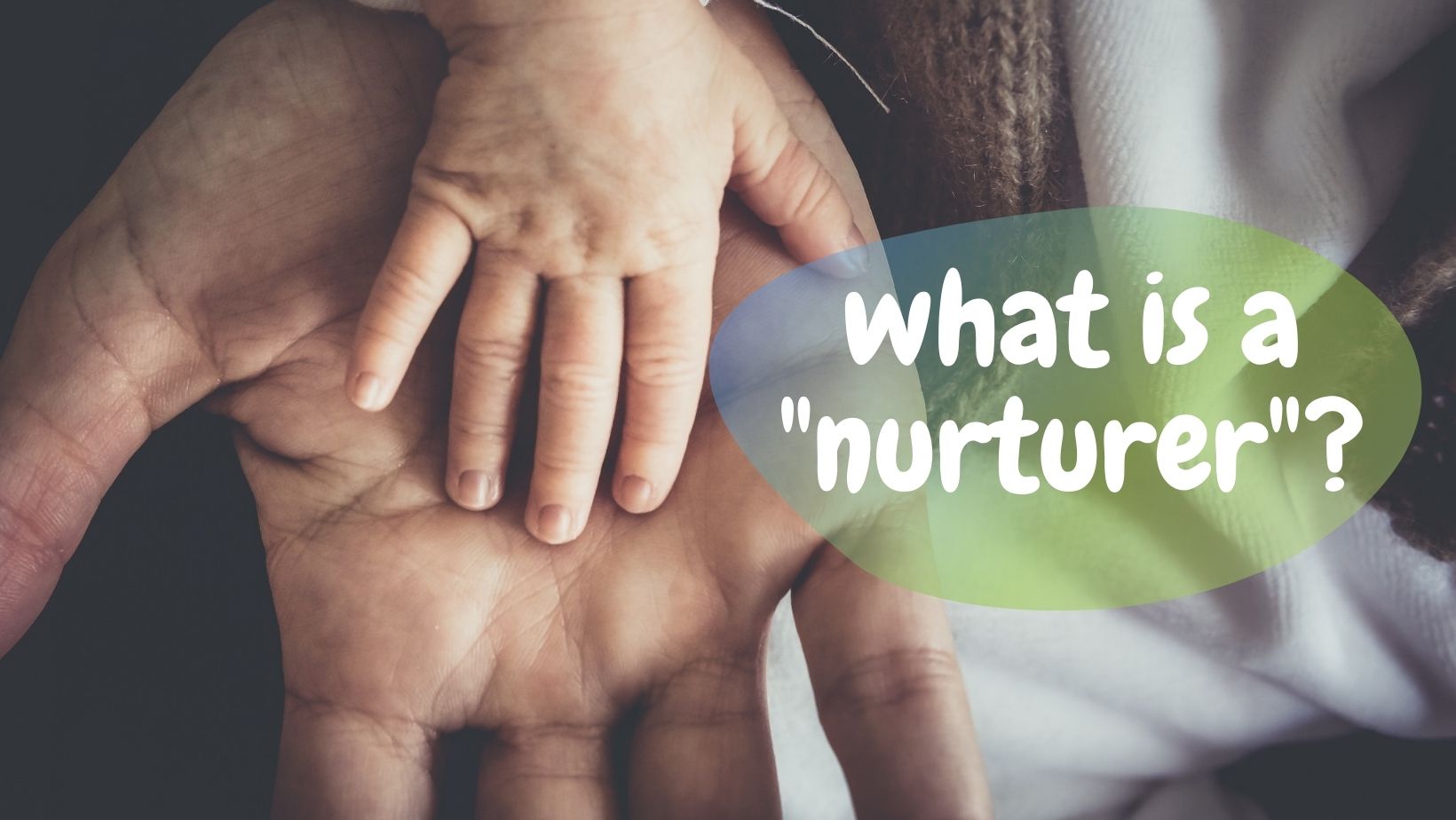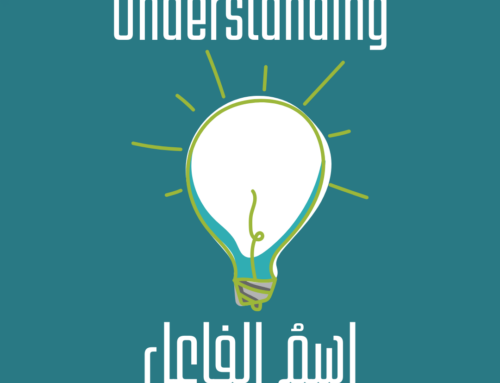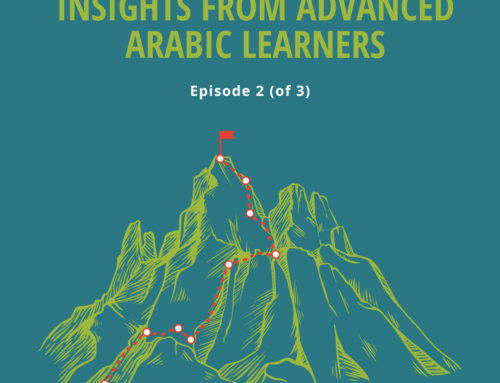As an Intercultural Development Center we believe that fluency in the Arabic language is about more than just the words spoken.
When we are raised in our own culture, constant guidance and instruction by parents, older siblings and other community role models is delivered on a daily basis.

Adults who knew how the world worked helped demonstrate everything from how to interact in public, talk to strangers or buy our first car. Unfortunately, when we move to another culture, as much as we try to learn the right words to use, it’s the behavioral competence we lack. When should we use those words? What manners are required? What is appropriate in that setting?
That’s why the title “nurturer” is what we give to our staff while facilitating language sessions in Arabic. The terms we use to describe roles are important. In Arabic, a nurturer describes someone responsible for helping you relearn a new world and how to interact in winsome ways. Like an older sibling who helps us watch out for things that might get us into trouble in High School when we first start out, a nurturer guides us along in our new cultural environment.
In the same vein, we use the title of “participant” instead of “student.” This emphasizes the goal of integrating into society and forming relationships with Arabs. In this way, nurturers come alongside and patiently coach participants beyond grammar, verb forms and vocabulary to enable them to use the Arabic language they are learning to build a meaningful life among Arabs while becoming familiar with their values, culture and worldview.





